Hillary Clinton was the clear winner of last night’s presidential debate.
A CNN/ORC analysis revealed that 62 percent of voters who tuned in deemed Clinton the winner, compared to 27 percent who said they preferred Donald Trump’s performance. (CNN noted that the poll sample was weighted more heavily Democratic, but the rout was still evident.) Voters lauded Clinton for expressing her views more clearly more Trump, saying she had a better understanding of the issues by a margin of 2 to 1. Further, 56 percent said Clinton did a better job at addressing concerns voters might have about her potential presidency, versus 39 percent for Trump. Viewers were more divided on which candidate appeared more authentic, but Clinton also topped Trump on this question 53 percent to 40 percent.
Two focus groups also declared Clinton the winner. Republican pollster Frank Luntz said that 16 out of 22 participants in his focus group thought Clinton won the debate. Luntz noted that Trump’s attack on Clinton’s stamina appeared to work to her benefit.
A CNN focus group of undecided Florida voters also agreed Clinton emerged victorious by a significant majority. 18 of the focus group’s 20 participants deemed Clinton the winner.
Viewers also slammed Trump for interrupting Clinton. According to one analysis, Trump interrupted Clinton 25 times in the first 26 minutes of the debate. By night’s end, Trump had interrupted Clinton a total 51 times compared to Clinton’s 17. In one instance, Trump spoke loudly, interjecting after Clinton argued that he “was one of the people who rooted for the housing crisis.”
“That’s called business, by the way,” Trump responded. He interrupted again to deny ever saying that climate change is a hoax carried out by the Chinese. (Trump did say this, in a tweet he wrote in November 2012.)
Trump also attacked Clinton when she directed viewers to her website for fact checks. “And take a look at mine also,” Trump interjected. (Ironically, the Trump website went down for a time during the debate.) Trump also muttered “not” and “wrong” under his breath at other points while Clinton was speaking.
Trump is famously sensitive about any questions about his wealth and business acumen, and Clinton took advantage,
taking direct aim at his history as a businessman. "If your main claim to be president of the United States is your business, then I think we should talk about that," she said. "Your campaign manager said that you built a lot of businesses on the backs of little guys. And indeed, I have met a lot of the people who were stiffed by you and your businesses, Donald."
When Clinton mentioned that an architect who Trump did not pay for his work was in the audience, Trump fired back. "Maybe he didn't do a good job and I was unsatisfied with his work, which our country should do, too,” he quipped.
Many observers also noted that Trump fumbled a predictable question about his role in the Birther movement. His response, which introduced a litany of names and sought to place blame falsely with the Clinton campaign, managed to both resurrect doubts about his temperament and speak about Obama as if he now were a fan of the president, potentially alienating the very base he built by spreading and sustaining the Birther lie.
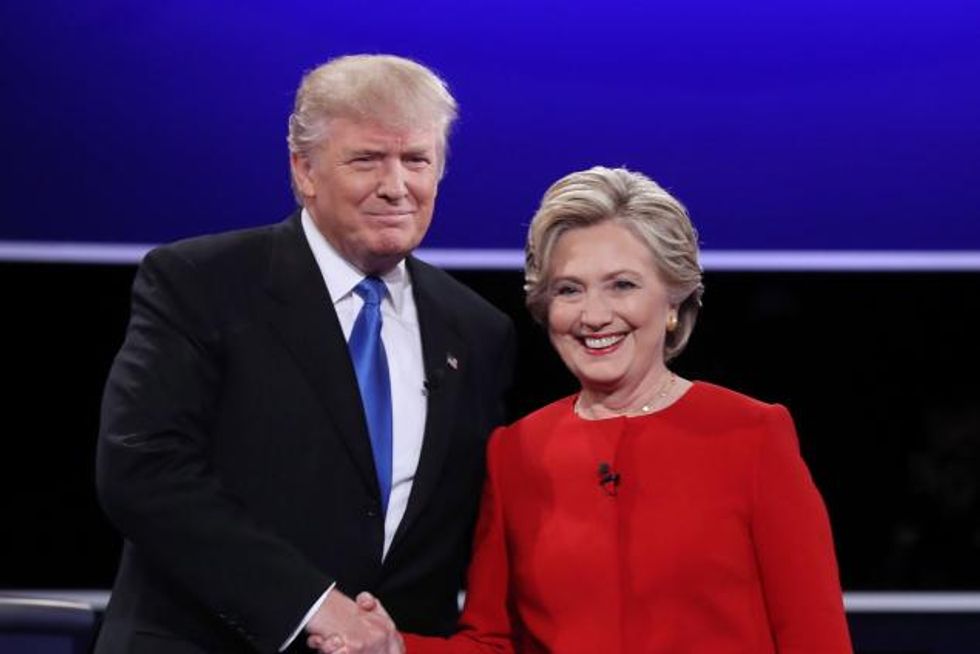
Vox’s Ezra Klein wrote that the debate “was a collision between Donald Trump’s politics of dominance and Hillary Clinton’s politics of preparation. Clinton’s politics of preparation won.” Trump’s “riffs were dotted by baldfaced lies of the kind the press will easily check, but, more consequentially, he spoke in a barely coherent stream of consciousness,” Klein continued, before criticizing Trump’s proposal to cut taxes (“There is virtually nothing in this answer that makes any sense.”) and contrasting the answers both candidates gave on cybersecurity (“There’s just an astonishing gap in the coherence of these two answers. Neither, in my view, stands as a particularly great answer in the history of presidential debates. But Clinton’s is a basically logical, informed response to an obvious question; Trump’s answer is simply word salad.”).
“There were many differences between the candidates on display in this contest, but the most consequential one was that Clinton displayed the basic personal qualities necessary to be president,” Klein concluded. “Trump didn’t. She had done the work to know what she was talking about and to survive a high-stakes encounter with an unpredictable opponent. He hadn’t done the work, and it showed.”



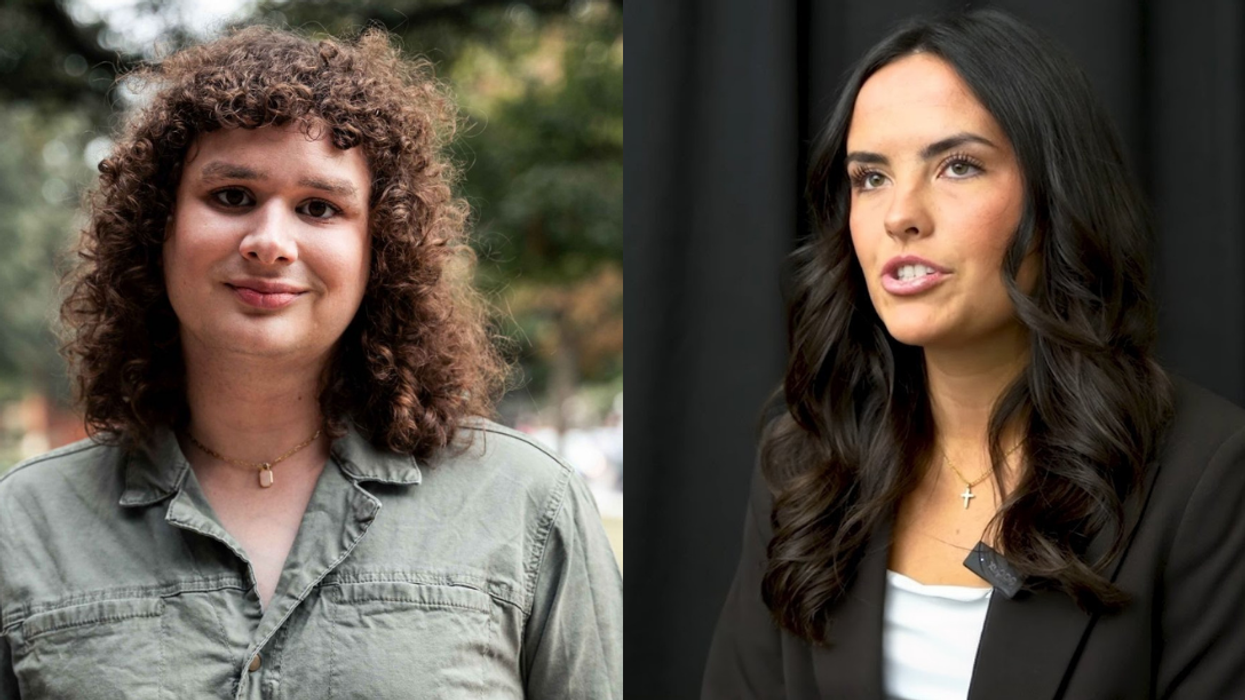
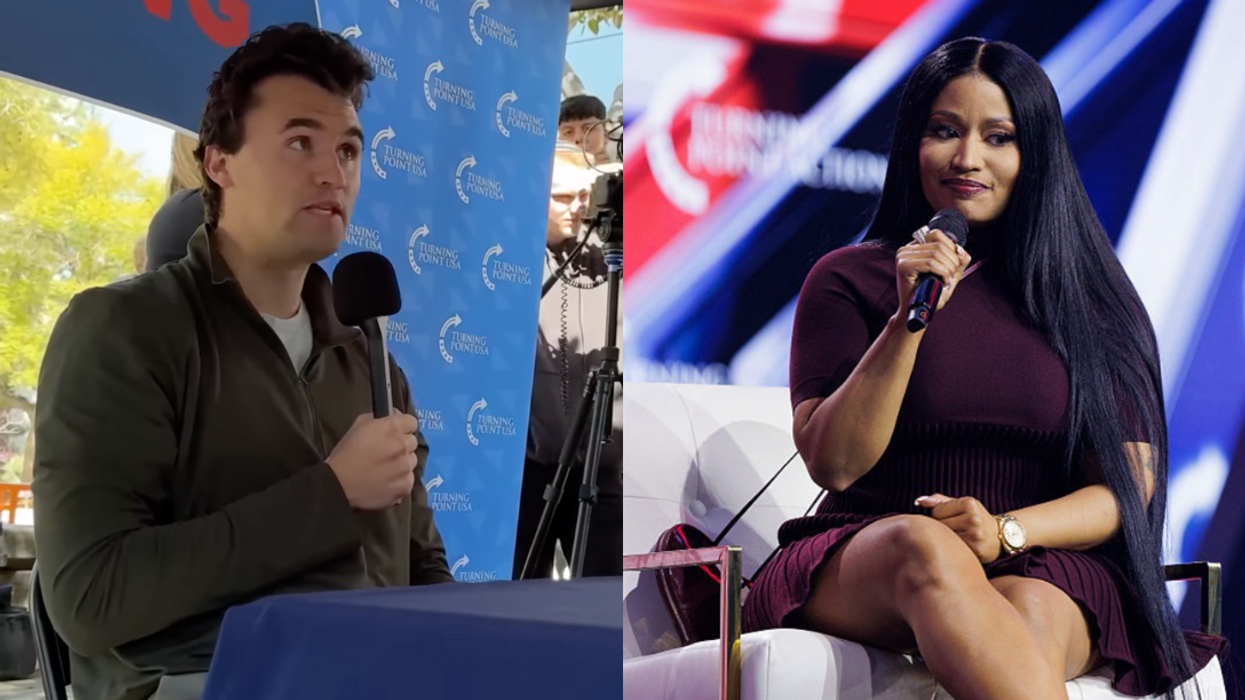
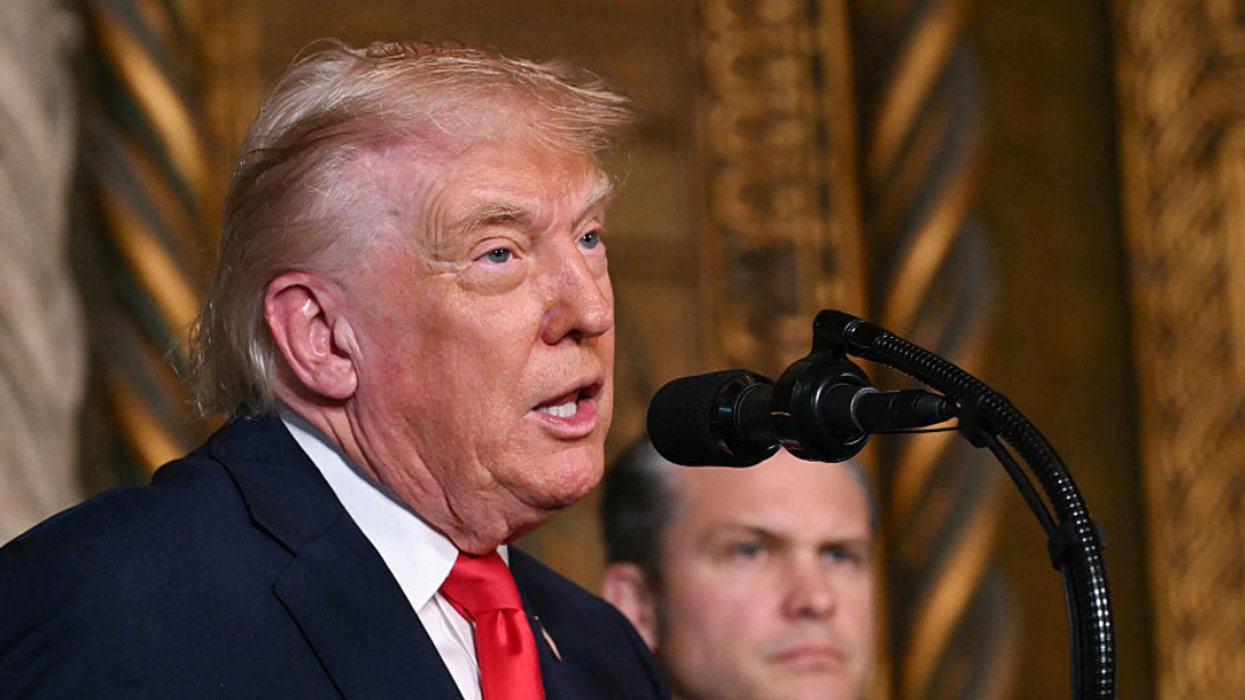

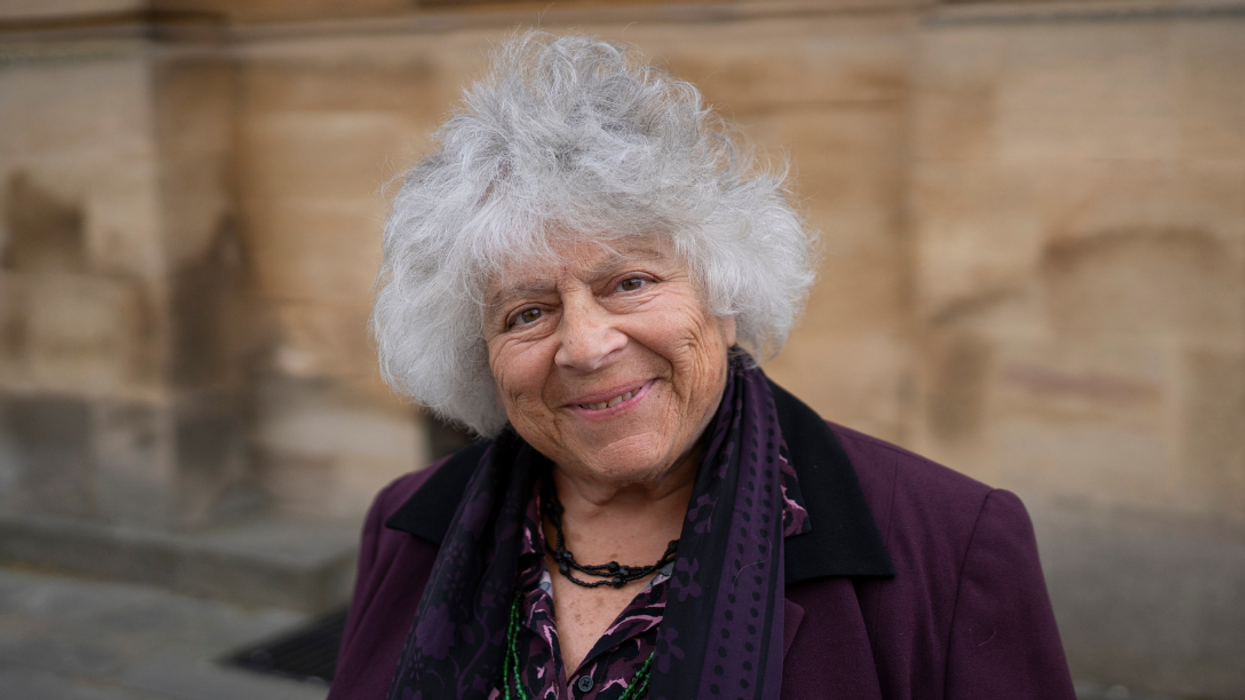
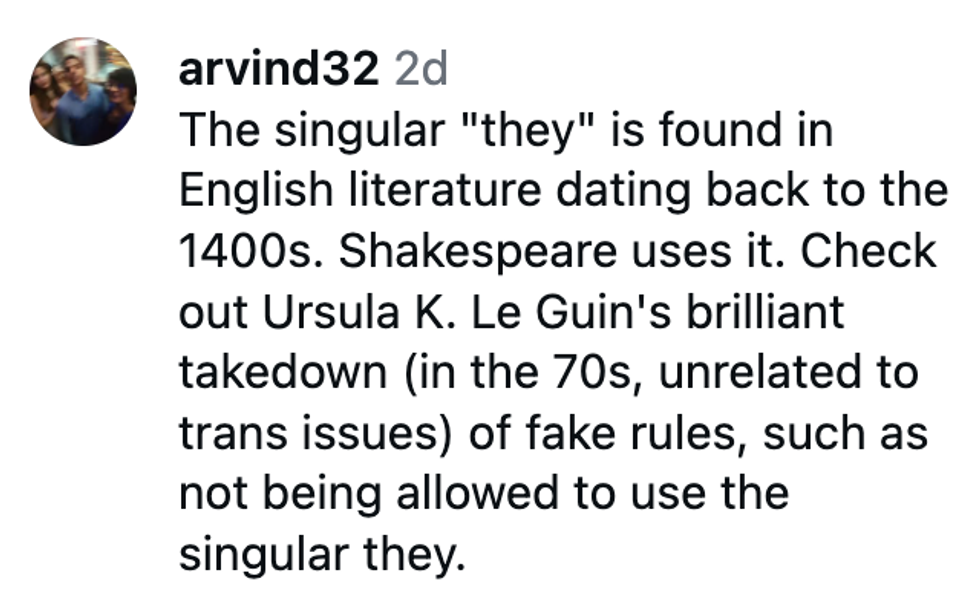
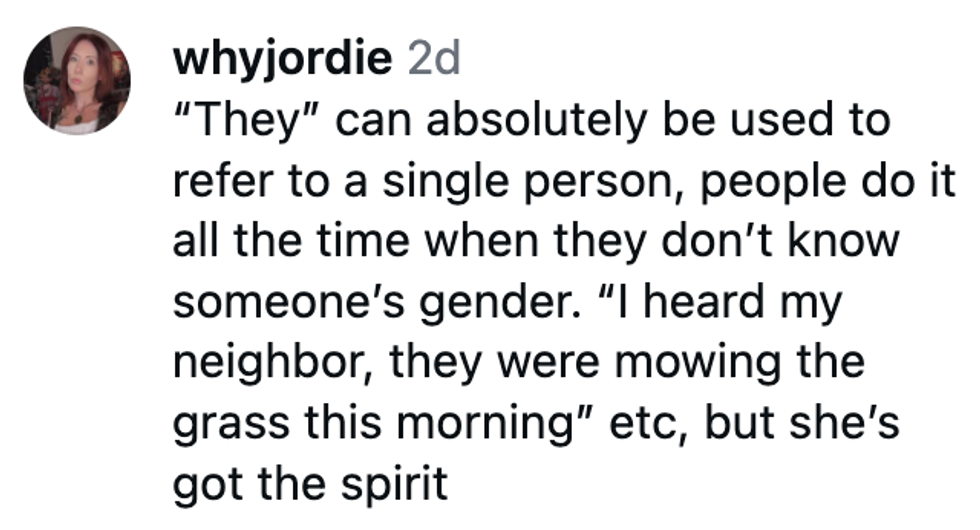

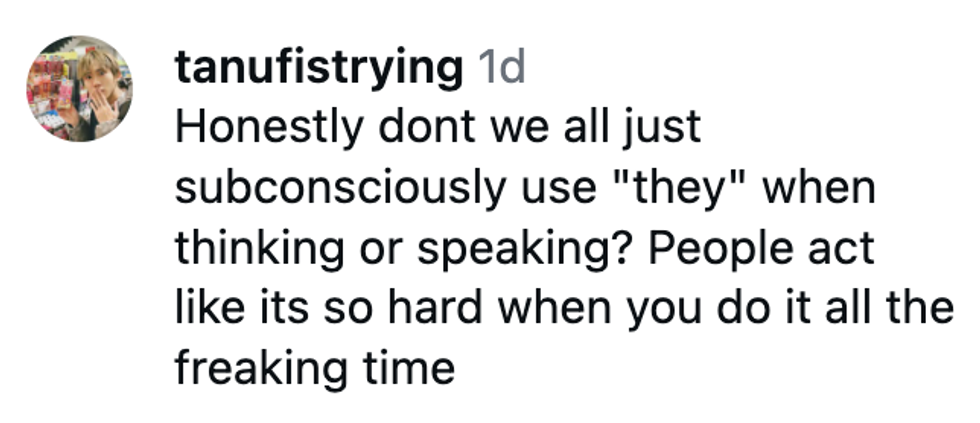
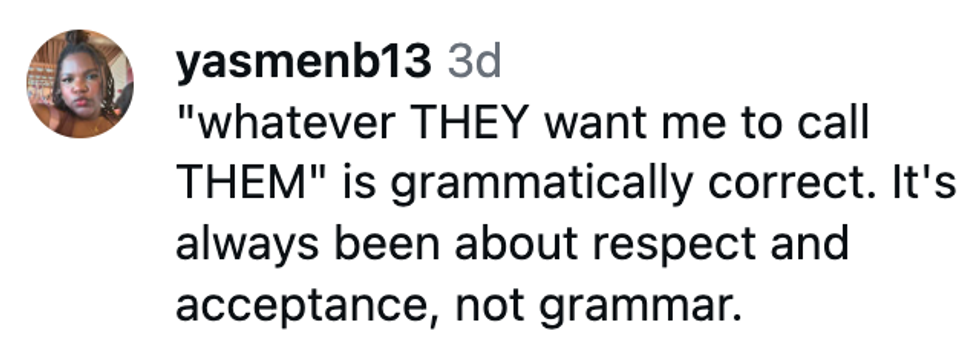

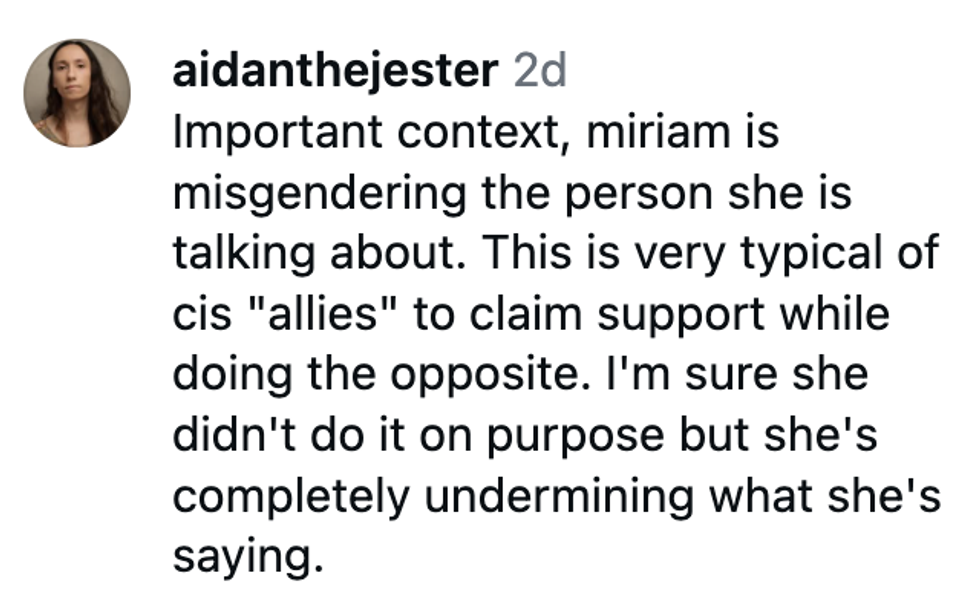






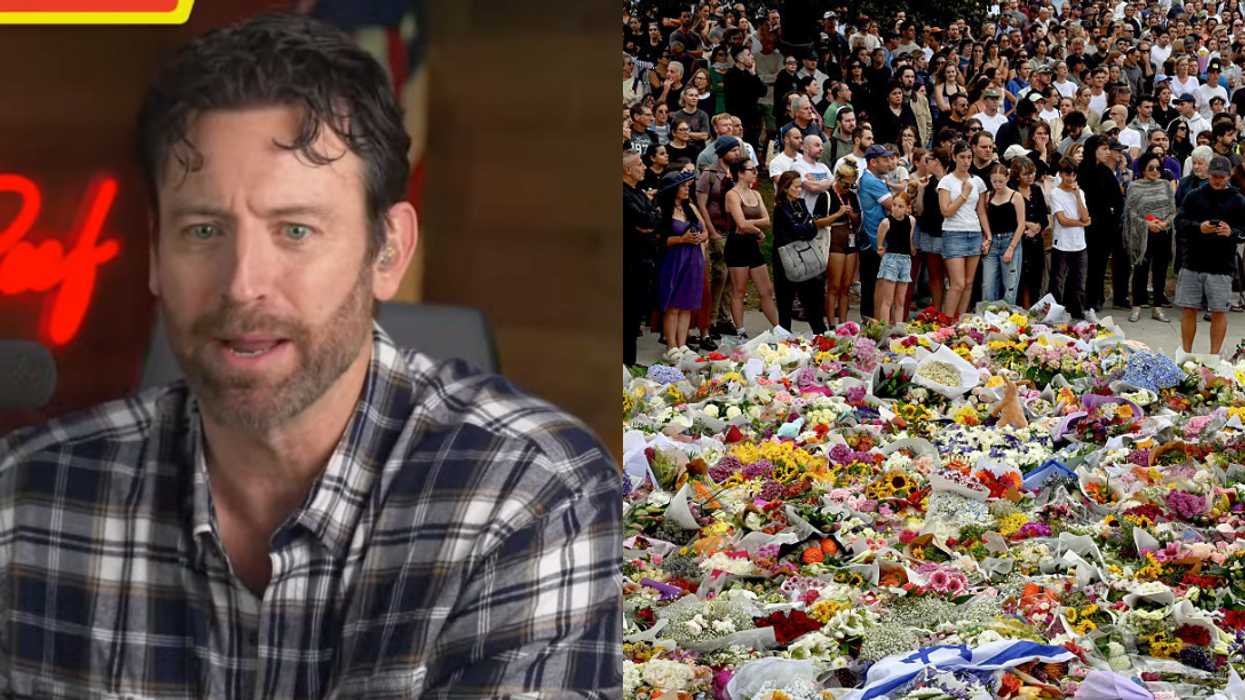
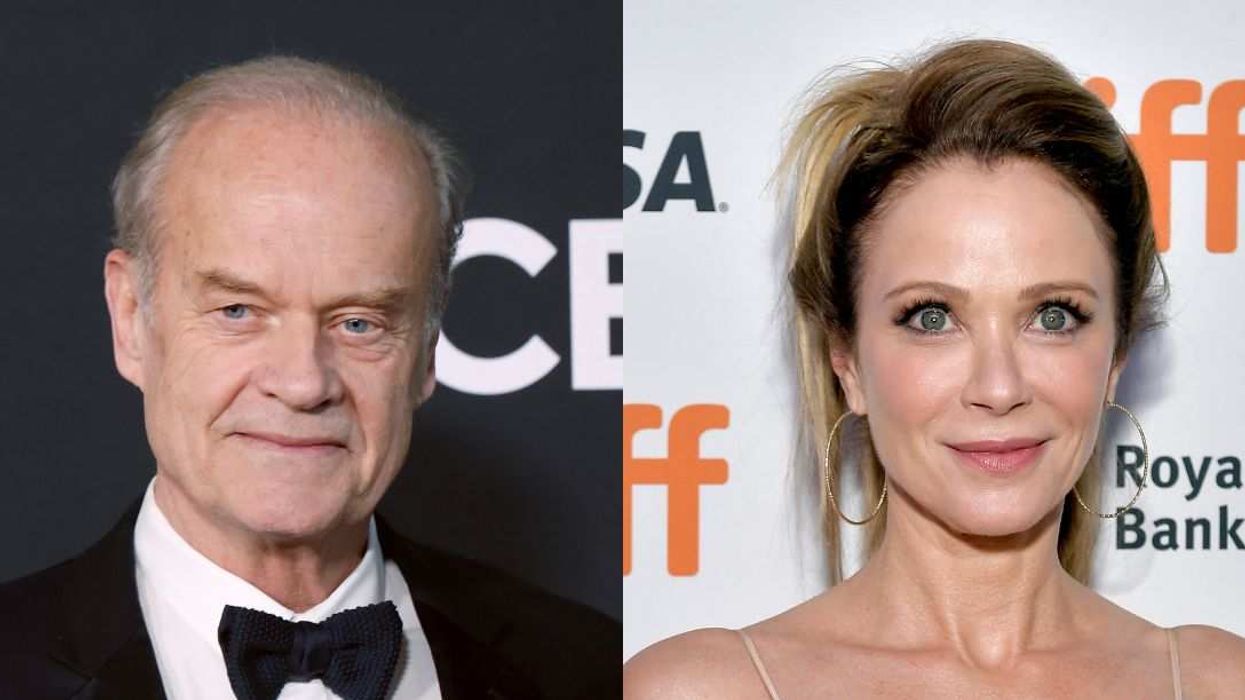
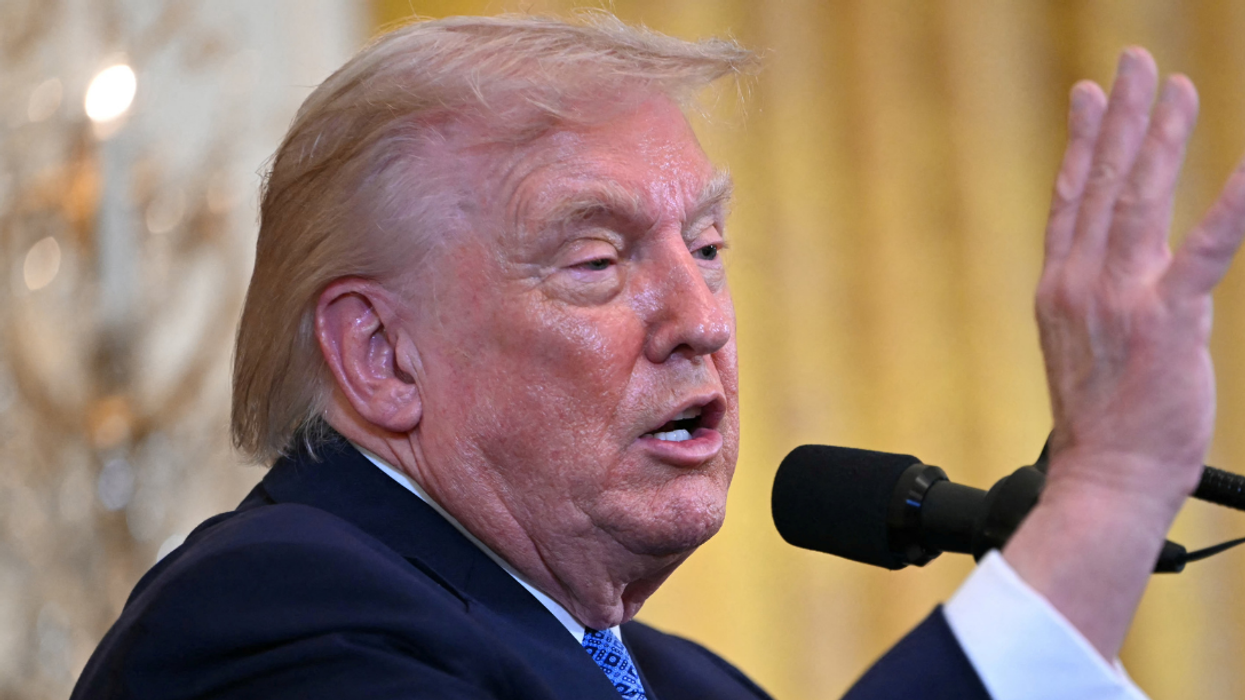
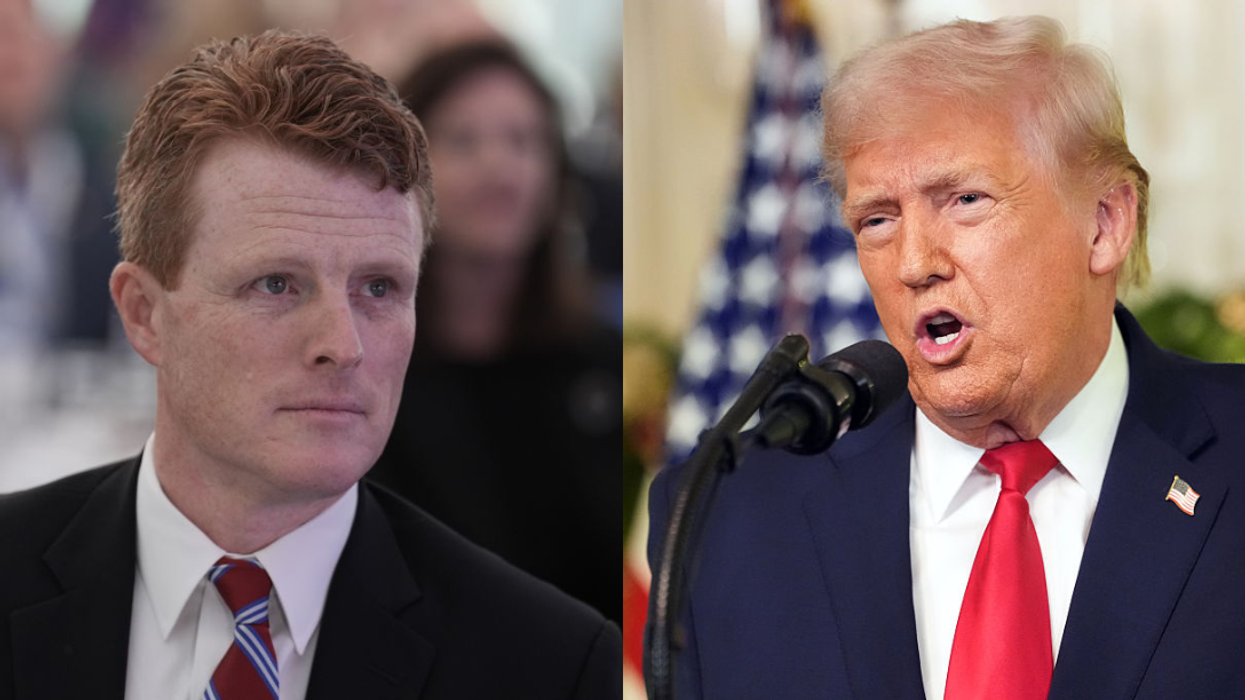
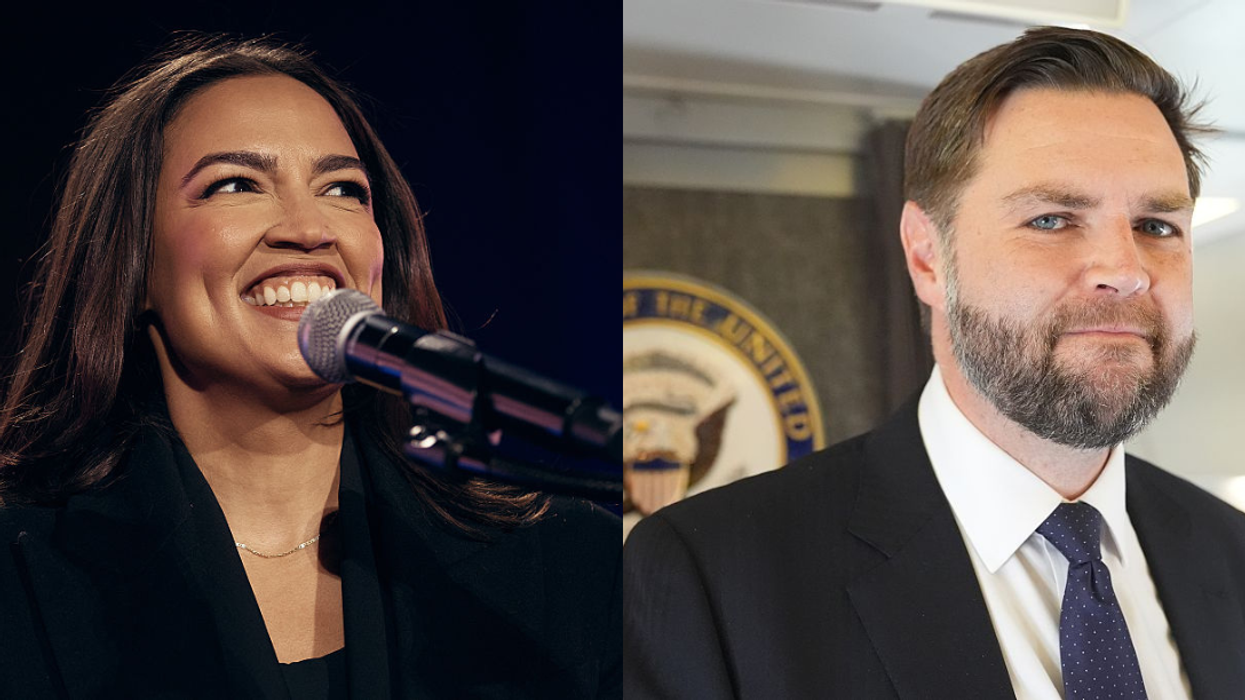
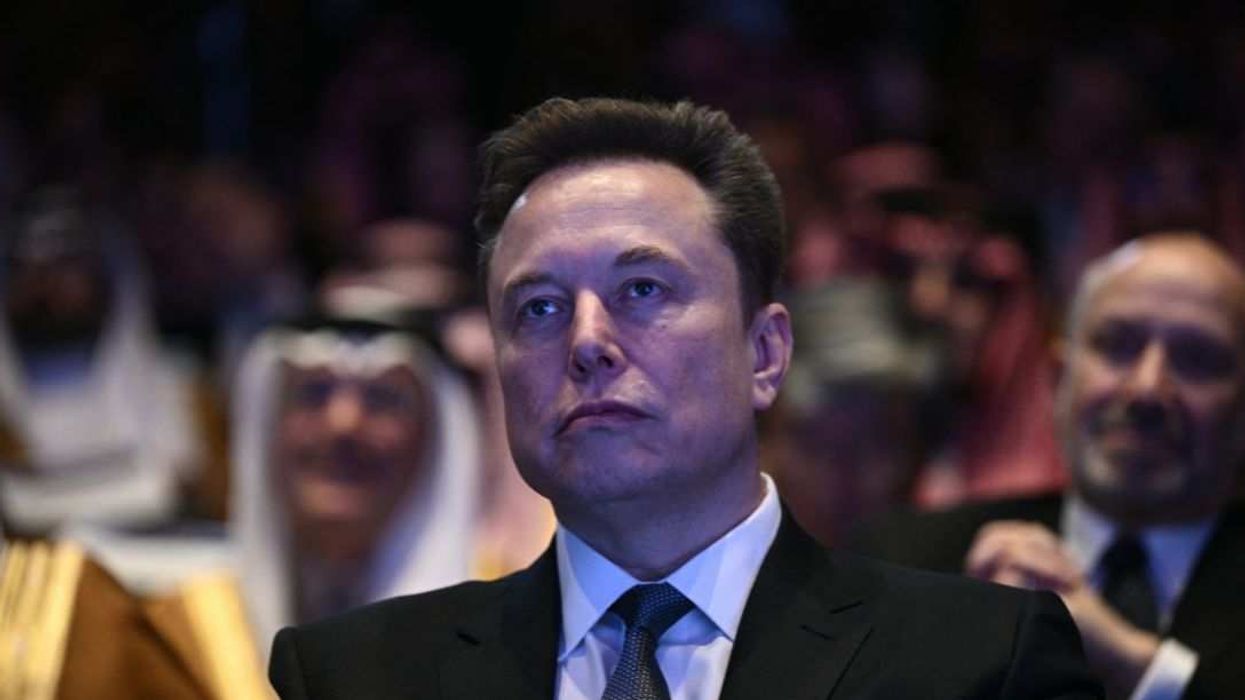
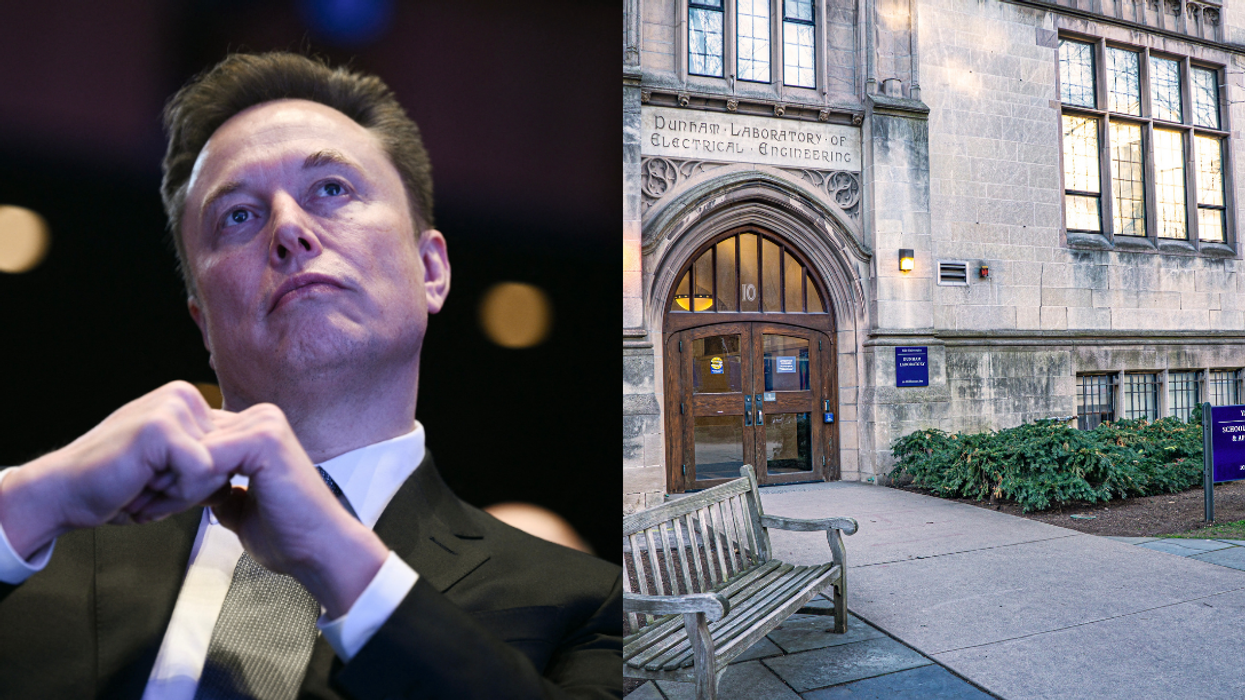
 replying to @elonmusk/X
replying to @elonmusk/X replying to @elonmusk/X
replying to @elonmusk/X replying to @elonmusk/X
replying to @elonmusk/X replying to @elonmusk/X
replying to @elonmusk/X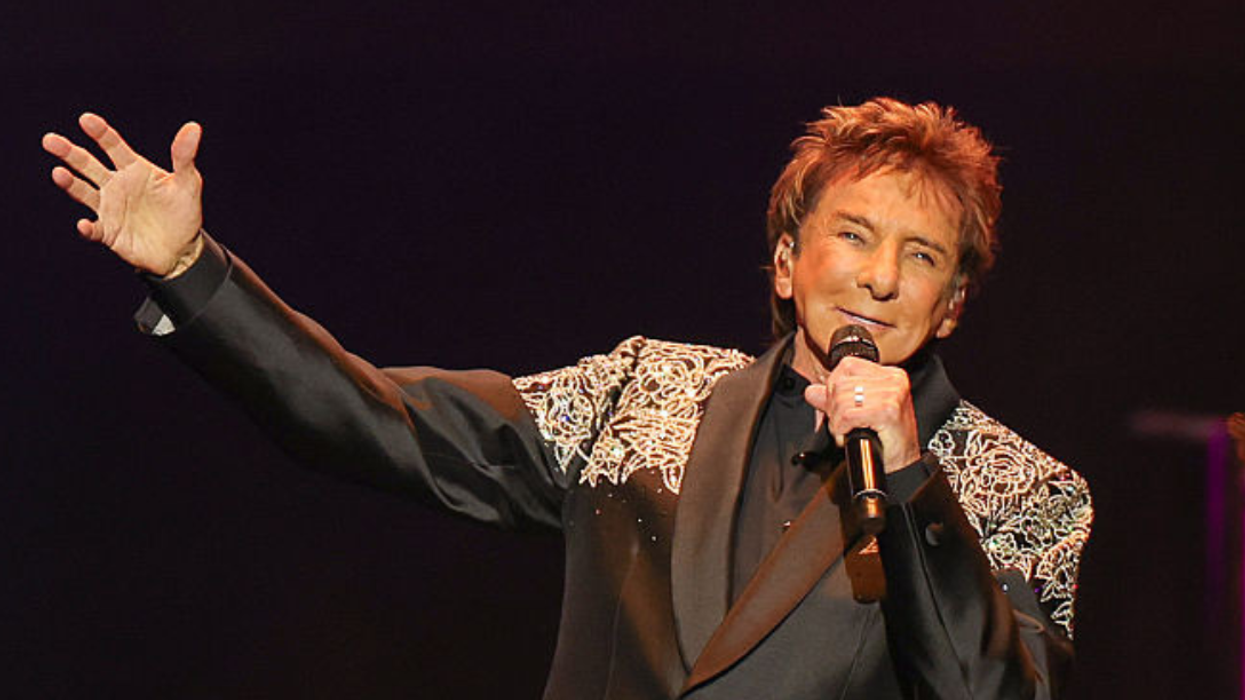
 Barry Manilow/Facebook
Barry Manilow/Facebook Barry Manilow/Facebook
Barry Manilow/Facebook Barry Manilow/Facebook
Barry Manilow/Facebook Barry Manilow/Facebook
Barry Manilow/Facebook Barry Manilow/Facebook
Barry Manilow/Facebook Barry Manilow/Facebook
Barry Manilow/Facebook Barry Manilow/Facebook
Barry Manilow/Facebook Barry Manilow/Facebook
Barry Manilow/Facebook Barry Manilow/Facebook
Barry Manilow/Facebook Barry Manilow/Facebook
Barry Manilow/Facebook Barry Manilow/Facebook
Barry Manilow/Facebook